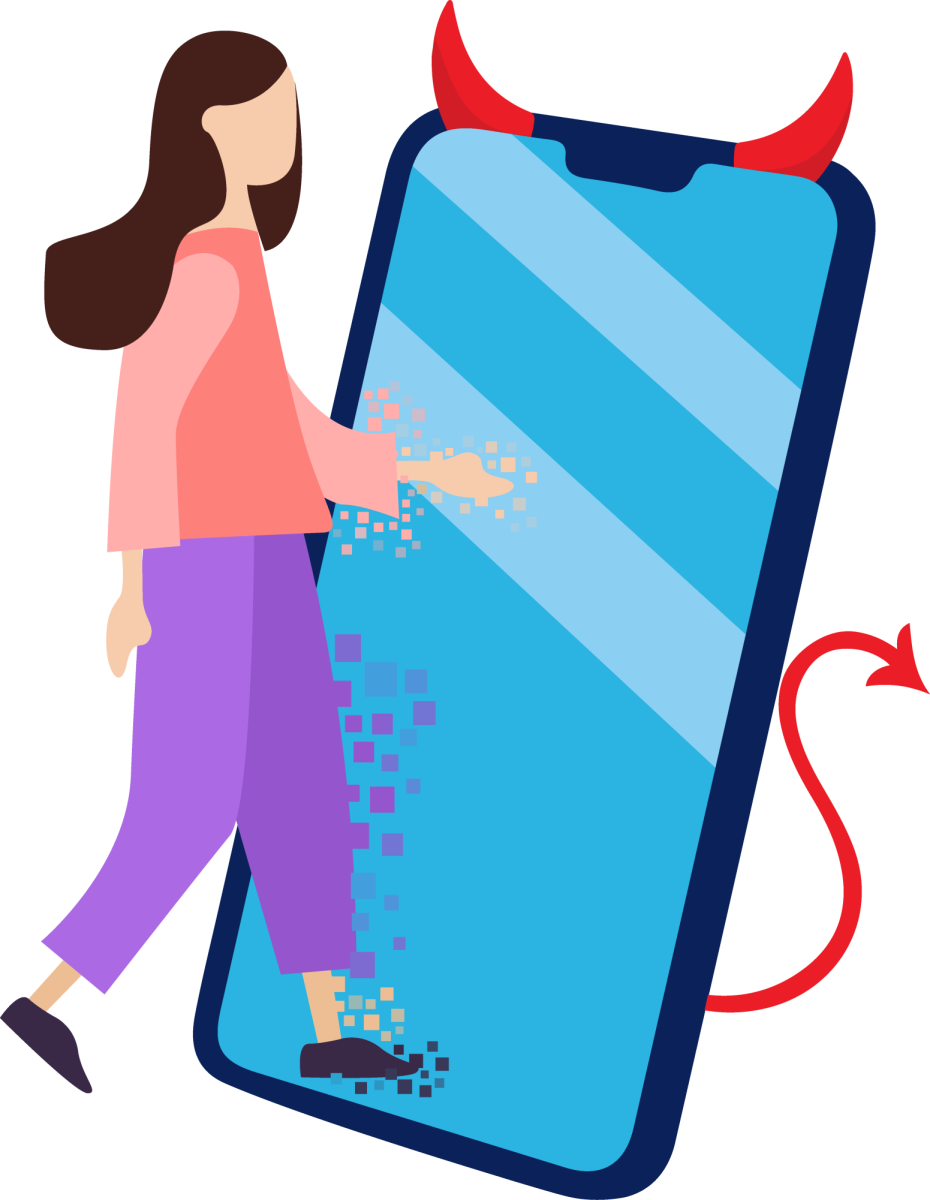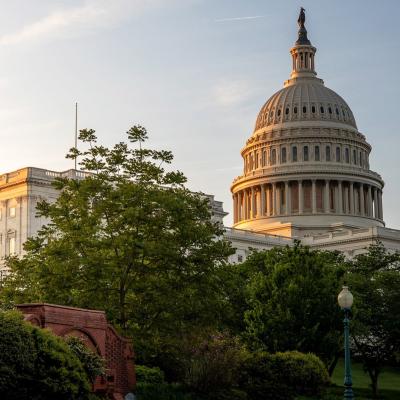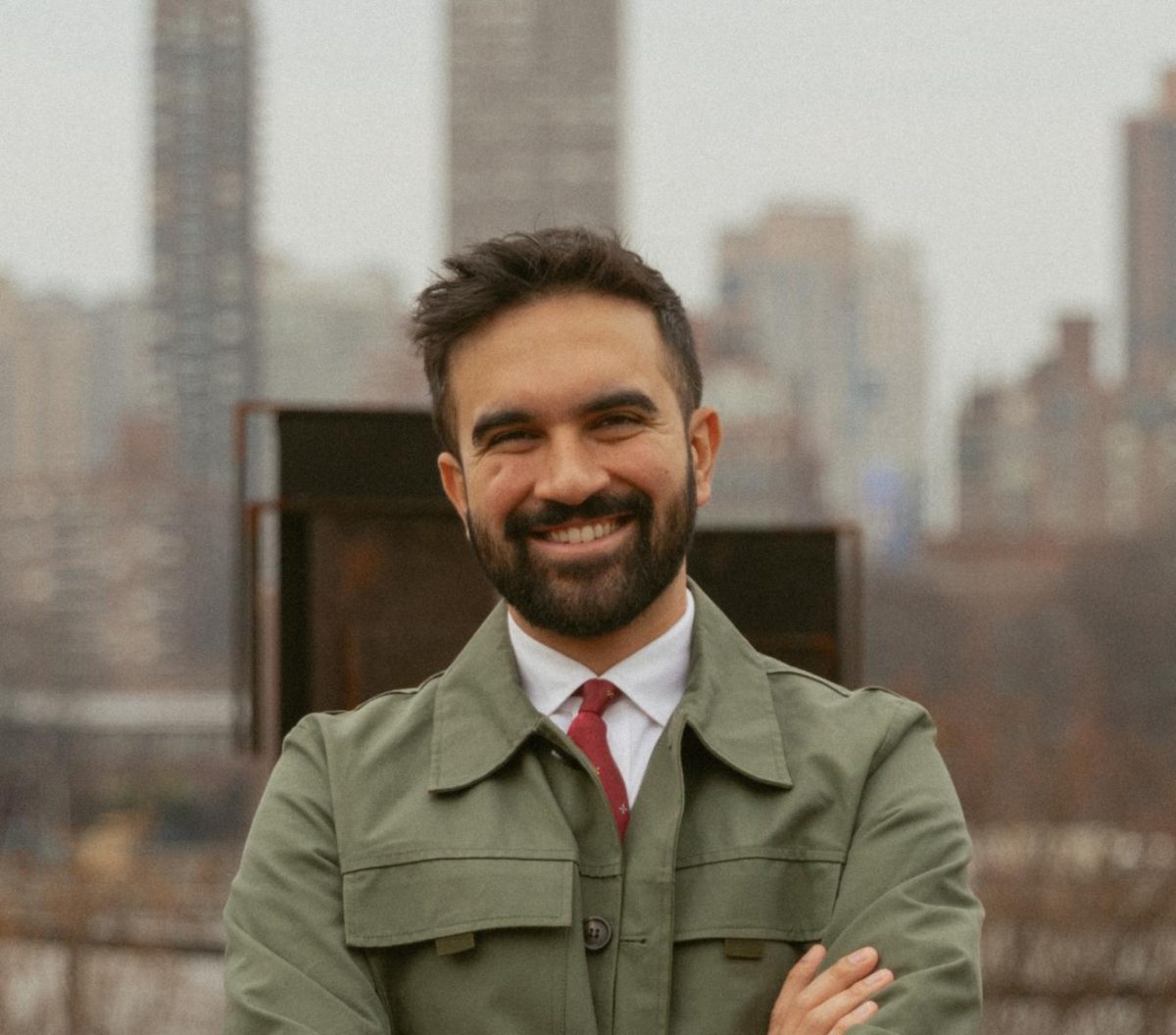On average, I spend around an hour a day on Instagram. Most of the time, I’m just doomscrolling on reels, following links on posts to read whatever the latest drama is or looking at other people’s pages.
But I often get major anxiety — and it’s not related to thinking my page isn’t aesthetic enough, or wishing that I looked like someone else.
Does my page reflect who I am in real life? Is my page expressive of me? Who am I? These are the thoughts that are running through my head. I like to call it a social media identity crisis.
It makes me feel claustrophobic in my own skin. I almost dissociate as I view this version of me online and compare it to myself in real life. I agonize over changing up my profile — adding highlights and then deleting them. Going into my archives and putting old posts back up on my page and then removing them. My account pretty much looks different every couple of months.
After I do this, I always think to myself: this is it. I’m never changing my feed again. This is me. And then one or two months later, I go down the same exact rabbit hole. But why do I do this? It would be so easy for me to just delete Instagram and never have to worry about this again, right?
No, because those thoughts would still be there. If they’re not about Instagram, they’re about the clothes I wear. If they’re not about the clothes I wear, they’re about the things I choose to say. And as much as it pains me to say it, social media is a part of me and the rest of my generation. Afterall, we’re the “anxious generation” for a reason.
And despite everything, I actually really do like Instagram. It’s a means to communicate with friends and family, see what my favorite celebrities are up to and most importantly, it’s a form of expression — whether I know how to express myself or not.
Every teenager goes through phases, trying to discover who they are and what they like. Social media adds another layer, and more pressure, to that. Maybe the anxiety of defining who I am wouldn’t be as bad if I deleted all of my social media accounts, but it would still be there.
The reason I call it a social media identity crisis specifically, though, is thatit’s so easy to focus on. If I hated a particular outfit I wore, I would just never wear it again. If I cringe remembering something I said, I don’t ever have to repeat it. You can forget about things like that.
My Instagram page, on the other hand, is right there. I can look at it and dissect it whenever I want and most importantly, so can other people. That scares me a lot, too. Unfortunately, it’s ingrained in my brain to look at someone’s account and think that it reflects their personality and who they truly are. And I know I’m quick to judge if someone’s page is all nice and cute when I know they’re actually rude and closed off in real life.
On one hand, it provides a sort of comfort knowing you can make your feed look like whatever you want. It doesn’t necessarily have to be truthful. But maybe why I’m so concerned about it is because I want my feed to be truthful, and I want it to be reflective of me.
Maybe, like my page, I’m also constantly evolving and changing. That’s not a bad thing, but seeing it occur right in front of my eyes, or whenever I open up my phone, is a lot.
So I don’t necessarily know how to deal with my social media identity crises. They’re complicated and messy, but maybe even pivotal when going through my adolescent years in a society so consumed with the media.
When I figure it out, I’ll let you know.









